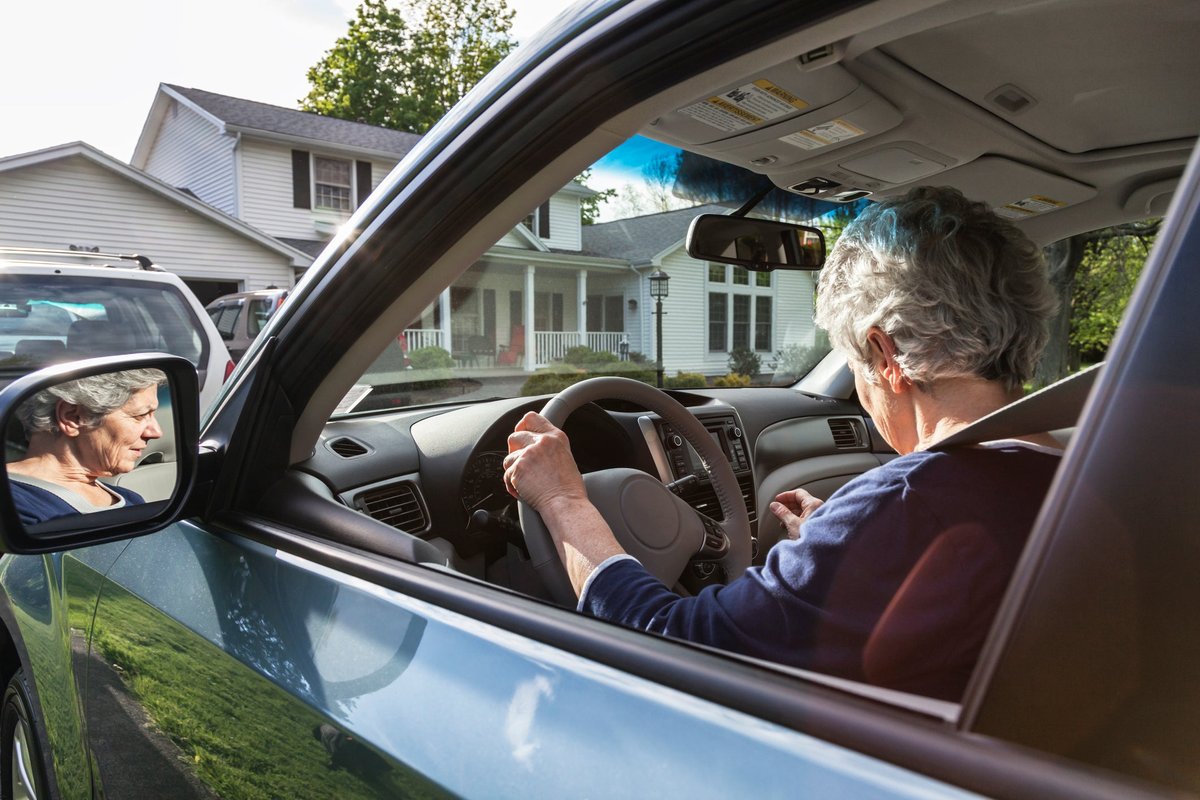This device is too small
If you're on a Galaxy Fold, consider unfolding your phone or viewing it in full screen to best optimize your experience.

Image source: Getty Images
Don't assume auto insurance always provides coverage as this could lead to big financial losses.
Key points
- Auto insurance can provide coverage for losses in many different circumstances.
- Not every incident is covered by car insurance though.
- Drivers may not be covered in four key situations, including normal wear and tear.
Car insurance can provide coverage for a policyholder's vehicle as well as for any damages the policyholder causes other motorists to experience.
Depending on the types of car insurance a driver buys, it may pay for everything from a collision the driver causes to a tree falling on his car.
But while it's possible to put protection in place for most types of losses, there are certain situations where car insurance generally won't provide coverage. Here are four of them.
1. Using your car for business purposes
Auto insurers typically exclude coverage for commercial use of a personal vehicle unless a driver has purchased optional additional protections.
As a result, if a motorist does not tell his or her auto insurance they are using their car for business purposes, they could be denied coverage for claims that arise. This can include people who use their car to deliver food or who work for a ride-sharing service.
To avoid being denied insurance protection if damage occurs in a car used to provide professional services, always disclose to an insurer when and if a car will be used for business. After making this disclosure, motorists should add on whatever coverage they need so business use of a car becomes protected before they go on the road.
2. Normal vehicle wear and tear
Car insurance can cover damage from accidents or other specified incidents such as vandalism, an encounter with an animal, a hail storm, or falling trees. Collision and comprehensive coverage provide these types of protections for a policyholder's own vehicle and drivers should read the fine print to see exactly what their insurance will and won't pay for.
Car insurance does not cover normal wear and tear, though. If a motorist needs new tires because they become worn or because they drive over a nail, car insurance typically is not going to pay for any costs incurred as a result of these routine issues. Likewise, if brakes wear out or if the car's interior is damaged due to dirt, car insurance won't offer any help to the motorist in paying for fixes.
3. Intentional damage
If a driver intentionally causes damage to his or her own car, an insurance company is not going to pay for this.
For example, a driver who owes more on their car than it is worth and who sets it on fire isn't going to get their insurance to pay for their losses -- and they could find themselves facing a number of criminal charges for insurance fraud and other violations under these circumstances.
4. Unlawful acts
Finally, insurance may exclude coverage for damages that occur during unlawful acts. If a policyholder is illegally racing his car, for example, the auto insurer is likely going to deny coverage for any damage that occurs to the driver's vehicle as a result of the drag race.
Being denied coverage for serious damages to a vehicle can be financially devastating, so it is important drivers understand exactly what their auto insurance will and won't cover. This can reduce the chances of losses not being paid for, and can help motorists plan for covering the costs they're responsible for with regard to their own vehicle.
About the Author
Featured Articles
"auto" - Google News
May 22, 2022 at 05:00PM
https://ift.tt/63IbqSA
4 Times Your Auto Insurance Won't Cover You - The Motley Fool
"auto" - Google News
https://ift.tt/u9Gq7Ts
Shoes Man Tutorial
Pos News Update
Meme Update
Korean Entertainment News
Japan News Update
No comments:
Post a Comment